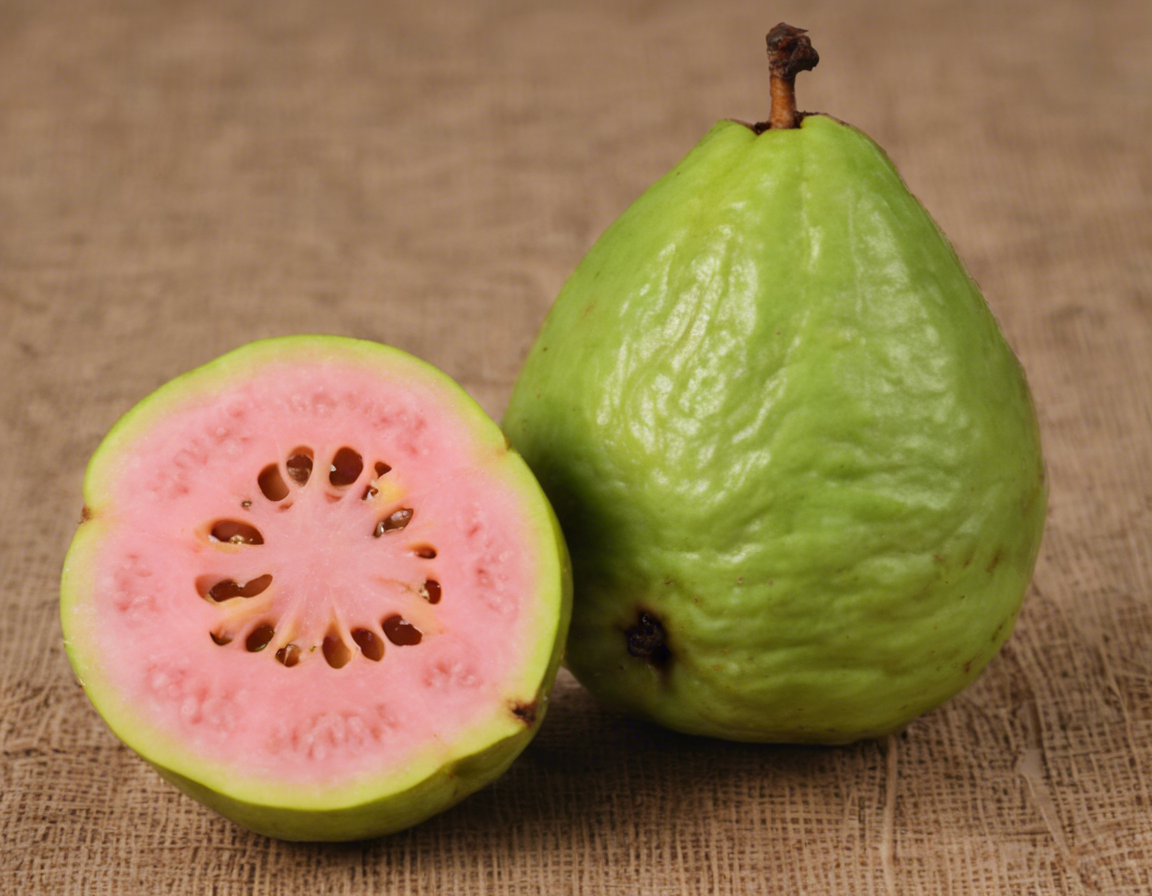India is a land of diverse cultures and languages, each with its unique heritage and traditions. Among the many languages spoken across the nation, Hindi holds a special place as one of the most widely spoken and understood languages. With over 425 million speakers worldwide, Hindi has a rich literary history and influences various aspects of Indian culture, including food.
In this article, we delve into the fascinating world of guava and its Hindi connection. Guava, known as “amrud” in Hindi, is a tropical fruit that has captured the hearts of people around the globe with its unique flavor and health benefits. Let’s explore the origins of guava, its nutritional value, traditional uses in Hindi culture, and how it has become a staple in Indian cuisine.
The Origins of Guava
Guava, scientifically known as Psidium guajava, is believed to have originated in Central America and was brought to India by the Portuguese during their colonization. The fruit thrived in the tropical climate of the subcontinent and quickly became popular among the locals. Today, India is one of the largest producers of guava in the world, with Uttar Pradesh, Bihar, and Maharashtra leading the production.
Guavas come in different varieties, ranging from small to large, round to pear-shaped, and green to yellow. The fruit is rich in Vitamin C, potassium, dietary fiber, and various antioxidants, making it a nutritious addition to one’s diet.
Nutritional Value of Guava
Guava is often hailed as a superfood due to its impressive nutritional profile. A single guava fruit (about 100 grams) contains:
- Calories: 68
- Protein: 2.6 grams
- Carbohydrates: 14 grams
- Fiber: 5.4 grams
- Vitamin C: 228% of the Daily Value (DV)
- Vitamin A: 12% of the DV
- Potassium: 7% of the DV
In addition to these nutrients, guava also contains small amounts of calcium, iron, magnesium, and phosphorus. The high Vitamin C content in guava helps boost the immune system, promote skin health, and aid in iron absorption.
Traditional Uses of Guava in Hindi Culture
In Hindi culture, guava holds a significant place not only as a fruit but also for its medicinal properties. Various parts of the guava tree, including the leaves and bark, are used in traditional Ayurvedic medicine for their therapeutic benefits.
-
Guava Leaves: The leaves of the guava tree are known for their antibacterial, anti-inflammatory, and antioxidant properties. In Hindi households, boiling guava leaves in water to make a decoction is a common practice to treat diarrhea, dengue fever, and digestive issues.
-
Guava Fruit: The fruit itself is enjoyed fresh, sliced, or in juices and jams. In Hindi cuisine, guava is often used to make chutneys, pickles, and sweet desserts. The slightly tangy and sweet flavor of guava adds a unique twist to various dishes.
Guava in Indian Cuisine
In Indian cuisine, guava is a versatile ingredient that is used in both savory and sweet dishes. Here are some popular ways guava is incorporated into Hindi recipes:
-
Guava Chutney: A tangy and spicy condiment made by cooking guava with spices like cumin, red chili, and sugar. Guava chutney pairs well with snacks, chaat, and Indian bread like parathas.
-
Amrud ki Sabzi: A savory curry made with ripe guava, tomatoes, onions, and a blend of spices. This unique dish combines the sweetness of guava with the tanginess of tomatoes, creating a flavorful curry.
-
Guava Halwa: A delicious dessert made by cooking grated guava with ghee, sugar, and milk until it thickens into a rich, sweet pudding. Guava halwa is often garnished with nuts and served warm.
Frequently Asked Questions (FAQs)
1. Is guava good for weight loss?
Answer: Yes, guava is low in calories and high in fiber, making it a filling snack that can aid in weight loss.
2. Can guava leaves help with hair growth?
Answer: Guava leaves are known to promote hair growth and reduce hair loss when used as a hair mask or rinse.
3. How can I ripen guavas faster?
Answer: To ripen guavas faster, place them in a paper bag with a ripe banana or apple. The ethylene gas produced by the fruits will speed up the ripening process.
4. Are guavas safe for diabetics?
Answer: Guavas have a low glycemic index and can be consumed in moderation by diabetics. However, it’s advisable to consult with a healthcare provider.
5. Can guava be eaten during pregnancy?
Answer: Yes, guava is a nutritious fruit that can be consumed during pregnancy due to its high Vitamin C content and health benefits.
In conclusion, guava’s Hindi connection runs deep in both traditional medicine and cuisine, reflecting its cultural significance in India. Whether enjoyed fresh as a snack or incorporated into flavorful dishes, guava continues to captivate taste buds and offer a myriad of health benefits. Embrace this tropical fruit in your culinary adventures and savor the sweet and tangy goodness of “amrud” in all its glory.
